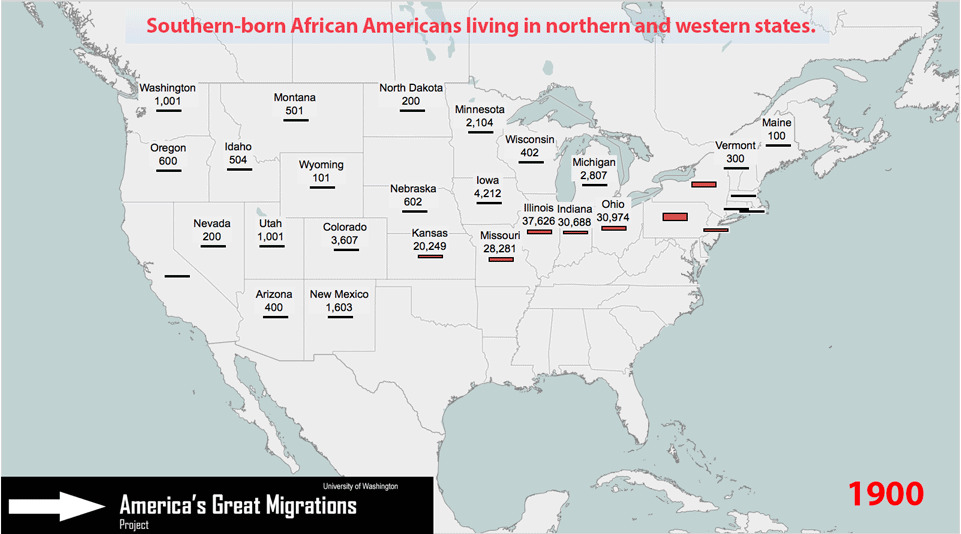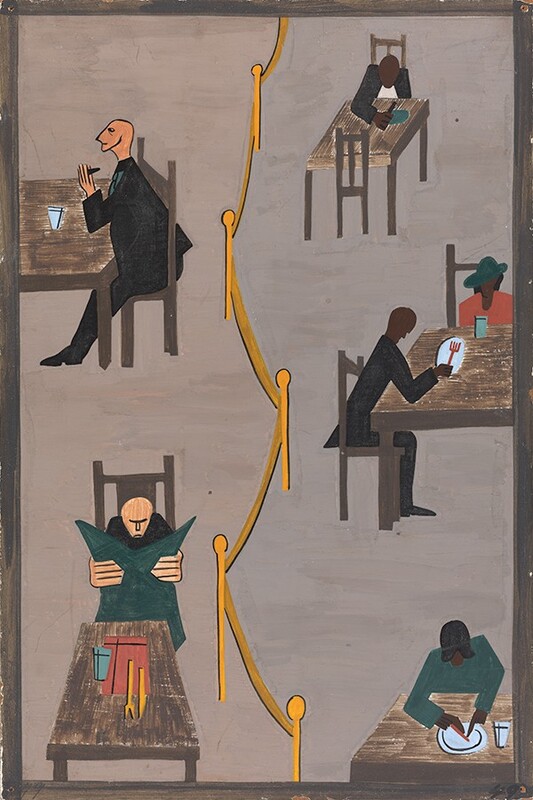"Part of An Experiment": Growing Up in 1950s New York City
The Great Migration: From South Carolina to New York City
Ronald Talley was born in 1948, New York City to Mamie and Robert Talley. He always considered himself a South Carolinian because much of his family still lived there, and his family would spend the summers there throughout his childhood.
His parents chose to leave South Carolina for New York City in part because of the racism they faced in the South. "Many of our relatives were doing something similar. Some went to Washington, DC and other places in the northeast, primarily for employment. Then what they did, which is why I so frequently describe us as living like immigrants, was that they were sending money back here in South Carolina to take care of family who were still here, cover property taxes and things of that sort." Here Ron is describing his family's experience with the Great Migration, a mass movement spanning decades in which Black Americans left the Jim Crow South for the North and West that promised more opportunities.
In her tome of oral histories The Warmth of Other Suns, Isabel Wilkerson shares the experience of some of these first generation immigrants to the north and west. The significance of the Great Migration is hard to overstate: it has shaped modern history in many ways and was what Wilkerson calls "the first mass act of independence" by Black Americans (Wilkerson, 10). On a smaller scale, this deeply affected the lives of those who left, those who stayed, and the generations to come. "What binds these stories together was the back-against-the-wall, reluctant yet hopeful search for something better, any place where they were," Wilkerson says, "They did what human beings looking for freedom, throughout history, have often done. They left." (15)
I was taking a part of the South
To transplant in alien soil,
To see if it could grow differently,
If it could drink of new and cool rains,
Bend in strange winds,
Respond to the warmth of other suns
And, perhaps, to bloom.
- Richard Wright
Growing Up in The Jim Crow North
When Ron visited South Carolina during the summers, he saw elements of the Jim Crow South that led to the Great Migration. "During that, I never felt it, but I was well aware of the tension that my parents were feeling," Ron said. One the central narrators in Wilkerson's book had a similar impression: "The grown people's whispers of unspeakable things seeped into George's unconcious like a nursery rhyme, even though he was too young to know the particulars or understand the meaning of it all."(62)
The North proved to be only a different beast from the South. School segregation and redlining were some of the ways discrimination manifested in the North. Ron was "part of an experiment" that attempted to desegregate the New York City public schools after the 1954 Brown v. Board decision. Ten-year-old Ron was armed with a subway pass and went to fourth grade in a northern Manhattan school. "That was the first time in my life, and the only time in my early life, that I had ever been called the N-word. It had never happened in South Carolina, but it happened on the playground at my elementary school in Manhattan."
After his experience being one of a few Black students in early grade school, Ron decided not to go to an advanced high school, but rather George Washington High School where kids from his neighborhood would attend. The bigotry remained at this school, but by this age, Ron was prepared to fight these battles. "The travels back and forth between New York City and South Carolina made me realize that there were some things I was going to have to do better in order to have some of the same opportunities."
Ron's high school math teacher, Jay Stepelman, encouraged Ron to apply to Dartmouth, a school Ron was unfamiliar with. Come fall of 1965, Ron and his father drove to the Upper Valley and Ron started college at sixteen.


